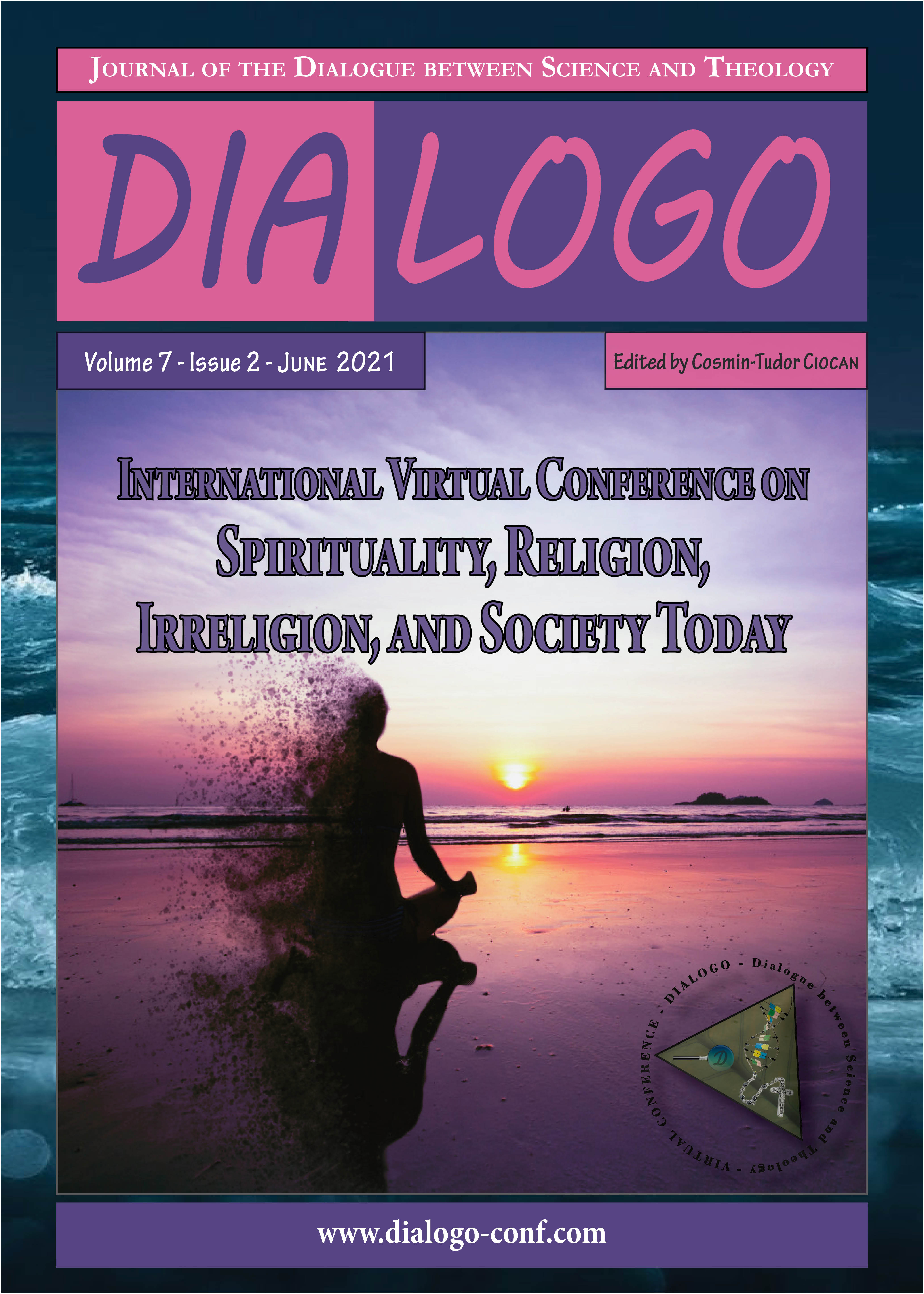Ethnographic Research of the use of Music in Healing as a Cultural Phenomenon in Greater Sekhukhune District Municipality, Limpopo Province in South Africa
Ethnographic Research of the use of Music in Healing as a Cultural Phenomenon in Greater Sekhukhune District Municipality, Limpopo Province in South Africa
Author(s): Morakeng Edward Kenneth LebakaSubject(s): Theology and Religion, Philosophy of Religion
Published by: Dialogo Publishing House SRL
Keywords: music; healing; ancestor veneration; Bapedi society; religion; mental health; consciousness;
Summary/Abstract: This study investigates the relationship between music and healing in the African context, as well as the relationship between music, culture, and identity. Since the traditional approach to music-making makes it a part of the institutional life of the Bapedi community, among the Bapedi people, the music itself was and is thought to enable communication with the living-dead, often inducing ancestral spirit possession, ‘causing the spirits to descend’. We observe in this study how traditional healers in the Greater Sekhukhune District Municipality express their emotions through music, and how they use music for regulating their emotions during malopo religious rituals. The main goal of the study was to examine how these emotions relate to traditional healers’ mental health and wellbeing. A range of data collection and analysis were employed in this study. The research employed a naturalistic approach and the primary source for data collection was oral interviews. The data was collected through video recordings of malopo religious rituals, interviews, and observations. Relationships between music, expression, and movement, as well as music, culture, and identity were elucidated. The results have demonstrated that during the dance itself, the healing power of the dance, is shown by both the trainees and their traditional healers, for example, during malopo ritual, after reaching a state of trance, they become spiritually healed. Villagers who witnessed the dance and participated only as an audience, also indicated a feeling of wellbeing after participating in the malopo ritual. The study has revealed that music is an integral part of the Bapedi culture and heritage. Furthermore, it was found that malopo ritual is a performance for appeasing possessing ancestral spirits such as those of the traditional healers and their trainees, which may cause illness if displeased, but on the other hand, may empower the traditional healers to execute the healing process. The research suggests that malopo ritual binds the people to their ancestors (the ancestral realm) and also provides healing therapy. Songs are sung and recited in order to create harmony between the living and the living-dead.
Journal: Dialogo
- Issue Year: 7/2021
- Issue No: 2
- Page Range: 60-66
- Page Count: 7
- Language: English

